DC Rehab Drug & Alcohol Resources
Washington DC (District of Columbia) is the country’s national capital, named after our first president George Washington, it was established as the seat of the country in 1790.
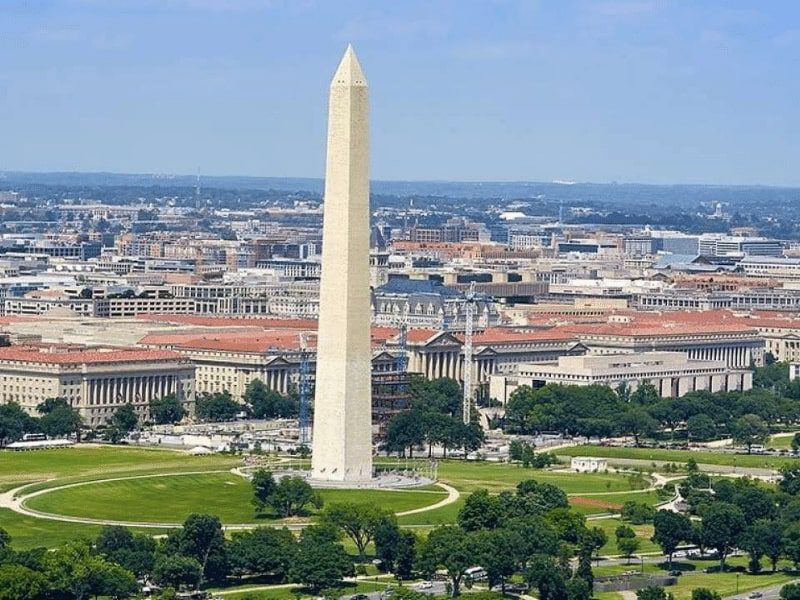
As you begin the process of searching for the best treatment program for yourself or a loved on, there are a lot of factors to consider. You don’t need to travel out of state to get high quality treatment as there are great options locally in Maryland.
Determining what level of care is necessary can be extremely overwhelming. Talking to a knowledgeable treatment and mental health professional can help assess your needs, and guide you to resources that would be best for you.
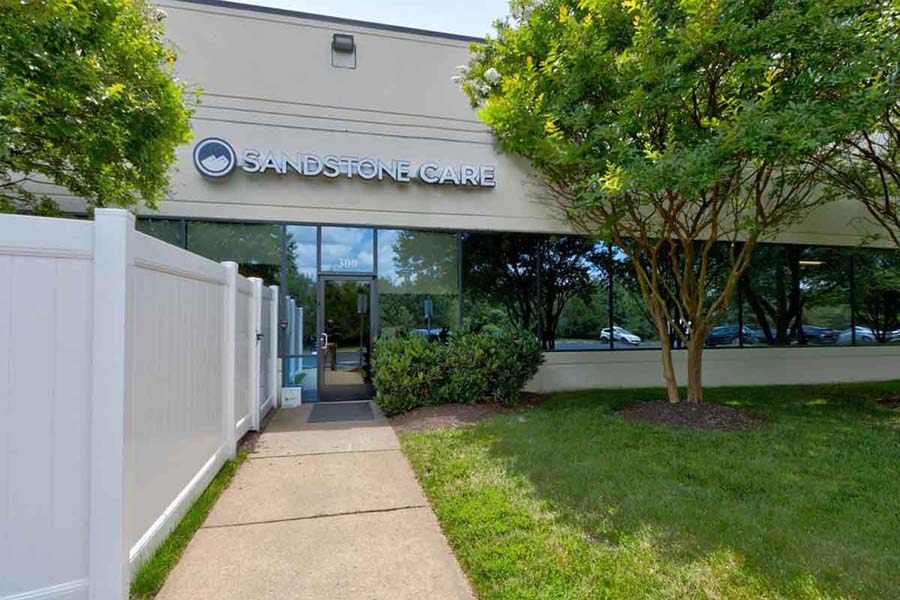
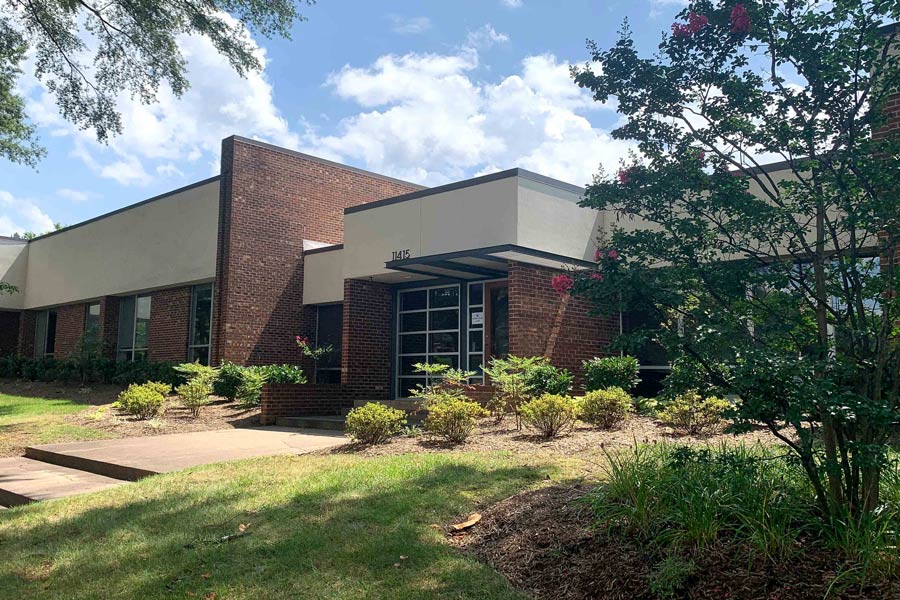
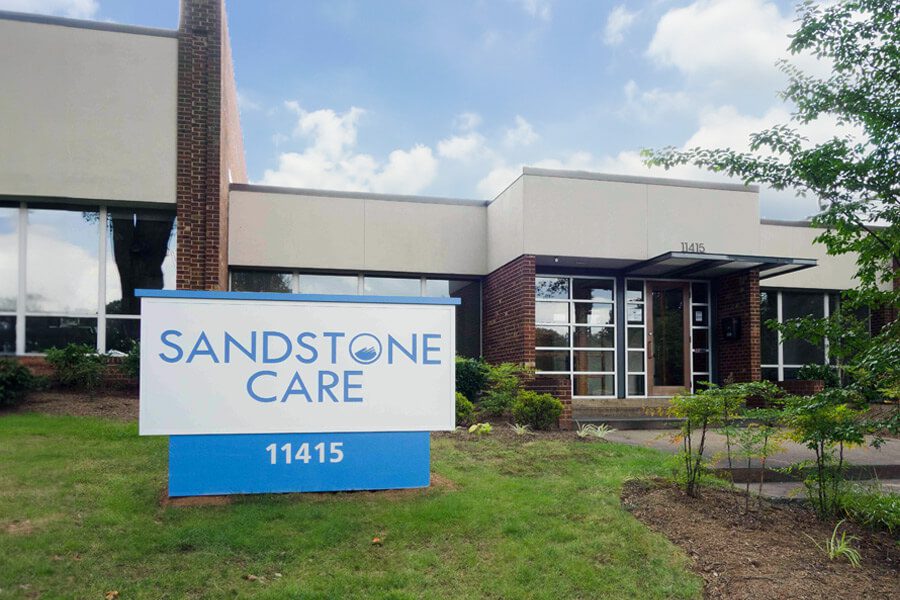
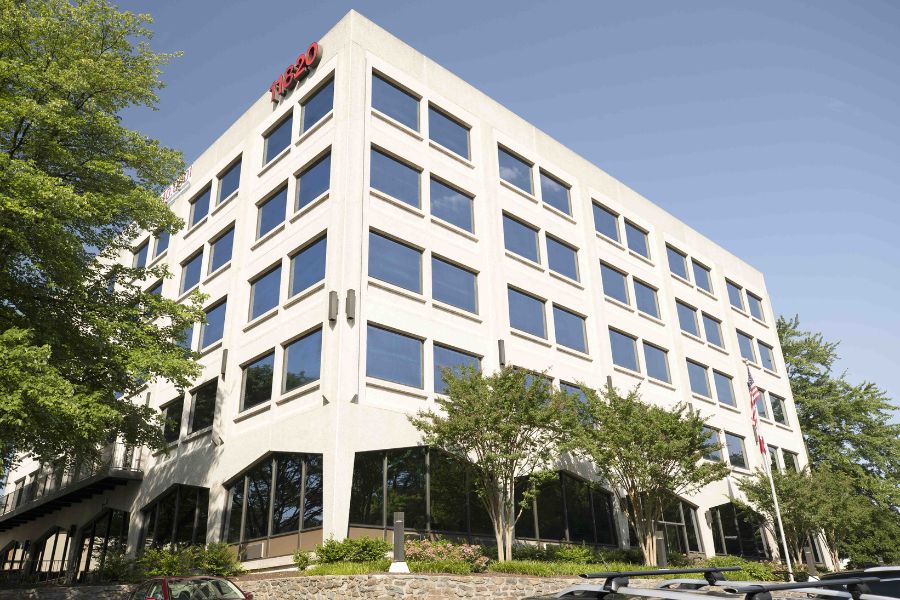
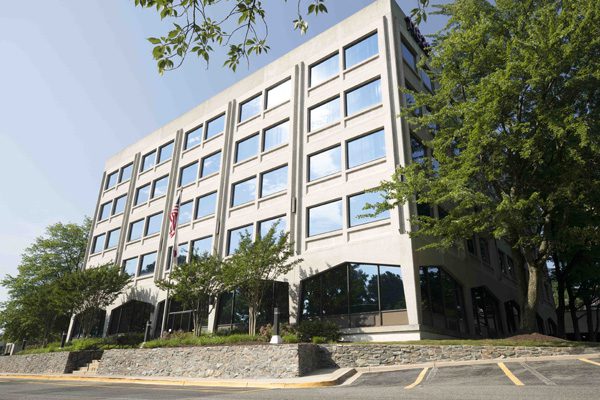

2020 Martins Grant Ct., Crownsville, Maryland, 21032
(888) 850-1890
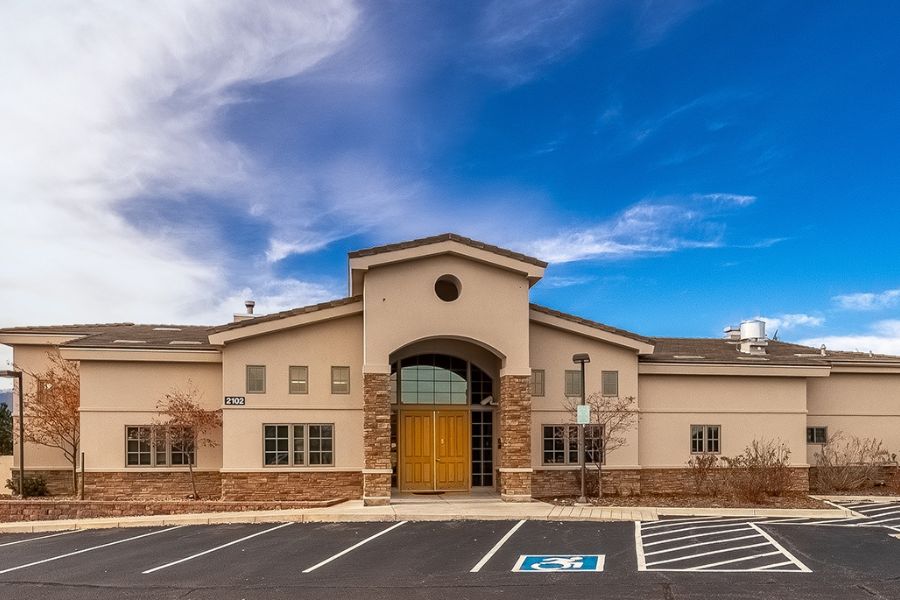
2102 University Park Blvd, Colorado Springs, Colorado, 80918
(888) 850-1890The Continuum of Care
Access a full range of treatments for mental health and substance use disorders. Whether you need a safe transitional living program, inpatient care, or outpatient treatment, we have a program to help.
The Right Program: A detailed interview and assessment process with a clinical professional. Look for an organization that assesses physical and mental health, as well as qualifications for your loved one’s specific needs. Make sure the organization you’re considering has skilled experience with the the drawbacks your loved on is facing.
If the organization isn’t right for your substance abuse treatment, ask if they have referrals for a more appropriate fit.
Professional Team: Look for a licensed, experienced organization that focuses on a team-oriented approach, working together to support each client and their family. Find a team that includes individual and family therapists, substance abuse counselors, psychiatrists, and dietitians.
A highly credentialed team taking a holistic approach to care is critical to achieving successful outcomes from substance abuse and addiction treatments.
Safety: An organization that focuses on participant safety, both physical and emotional. Many people will discover through the treatment process that abstinence from all substances is the best choice for them. Through this journey, it is important to support participants in staying safe and reducing harm.
Find a support system you trust to aid your substance abuse and addiction treatment.
Mental Health and Trauma Training: Drug abuse and addiction generally co-occur with a mental health or trauma experience. It is important that a treatment program has the ability to treat not only substance abuse but also underlying mental health concerns and trauma.
Ideally, a program would have a psychiatrist on staff, and staff trained in trauma-informed care. A good support system believes recovery and healing are two sides of the same coin, and both are necessary for long-lasting success.
An Individualized Program: An organization that tailors the experience to the individual and their unique needs. Find a team that sees you or your loved one as a person and creates a support program based on what is needed. True change from substance abuse and addiction treatment comes from authentic connection and genuine investment.
Strengths Based: An approach that focuses on what is working and nurtures those activities, patterns, and behaviors to encourage health and vibrancy.
Evidence-Based Care: An organization that draws on research and time-tested practices for the best possible outcome. Research or ask about the therapy methods they use in addition treatment.
Family Oriented: Any large life challenge always affects and is impacted by the surrounding system. Find an organization that supports and integrates the whole family. No one walks the road to recovery alone.
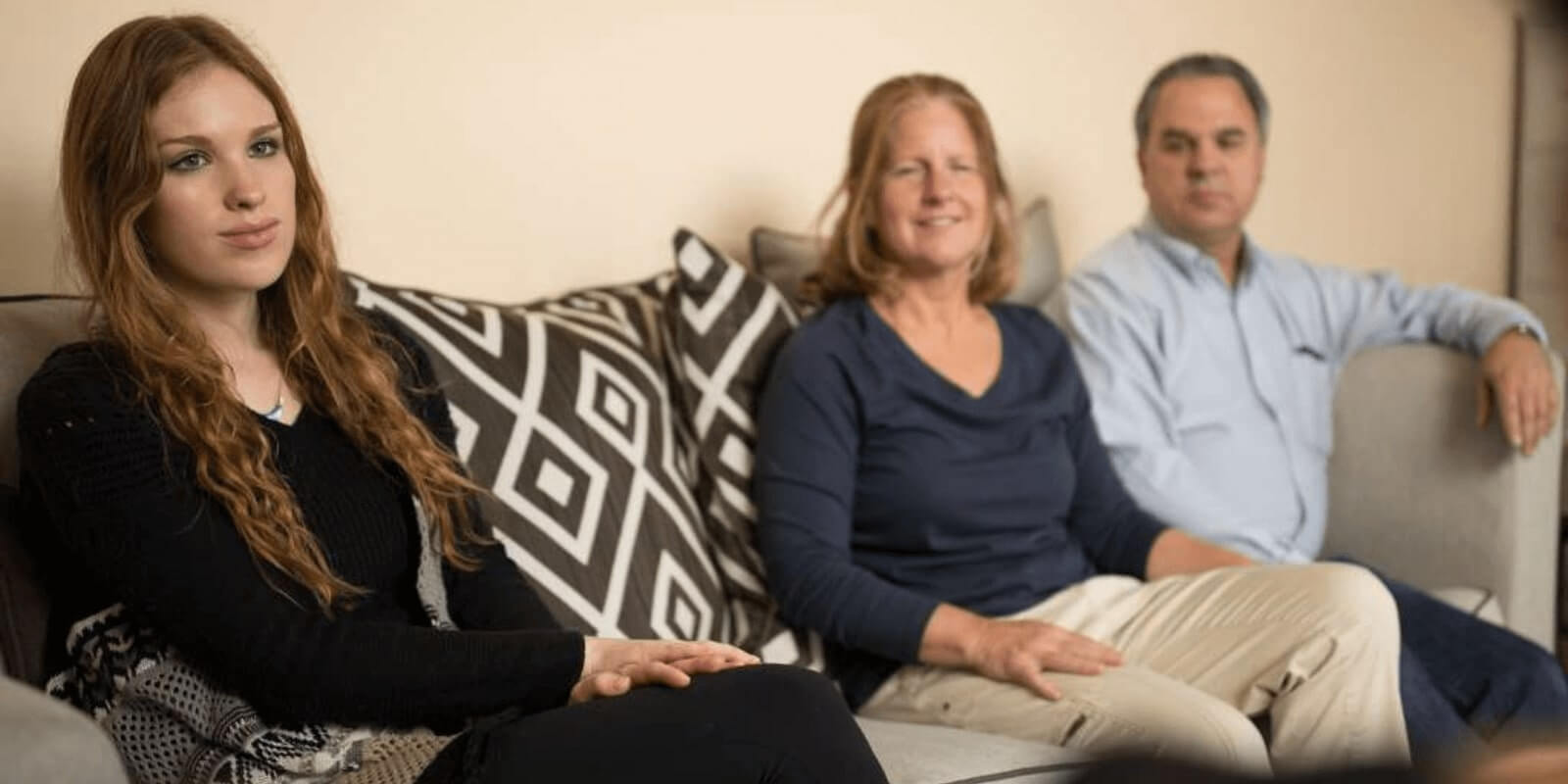
Our 24/7 Medically supervised detox and inpatient program lasts 5-21 days.
We understand that you have your own unique story, so once you are safely stabilized, we listen to you about what has been going on and perform medical and psychological evaluations to get a better understanding of your individual needs.
Our comfortable private rooms and safe, supportive environment help you to recover from drug and alcohol addiction.
According to several studies, the District of Columbia was rated the worst place for drug use based on arrest, overdose rates to opioid prescriptions, and meth-lab incidents, according to a WalletHub report.
In 2017, there were 244 overdose deaths involving opioids in DC, at a rate of 34.7 deaths per 100,000 persons compared to the national average rate of 14.6 deaths per 100,000 persons, making it the 3rd highest in the country.
The greatest rise occurred among deaths involving synthetic opioids other than methadone (mainly fentanyl), with 13 to 182 cases between 2014-2017. In the same period, heroin-involved deaths tripled from 37 to 127 and prescription opioid-involved deaths doubled from 23 to 58 cases.
According to the DC Medical Examiner, the number of overdoses that contained fentanyl were at 90%. There were 229 prescription opioids found in the 745 drug overdoses between January 2014 – January 2018.
DC was ranked 7th in the country for past month binge alcohol use among underage persons (age 12-20), at 18.03%. For young adults the average jumps dramatically to 50.5%. Marijuana use among teenagers (12-17) has grown since 2014, at 10.2% which is higher than both the regional and national averages.
Regarding marijuana use among young adults ages 18-25, the annual average prevalence of past-year marijuana use was 48%, higher than both the regional average (33.8%) and the national average (33.0%).
Another surprising statistic is that among people aged 12 and older 11.7% had a substance use disorder in the past year, higher than both the regional and national average by over 3%.
The most commonly abused substances in Washington DC:
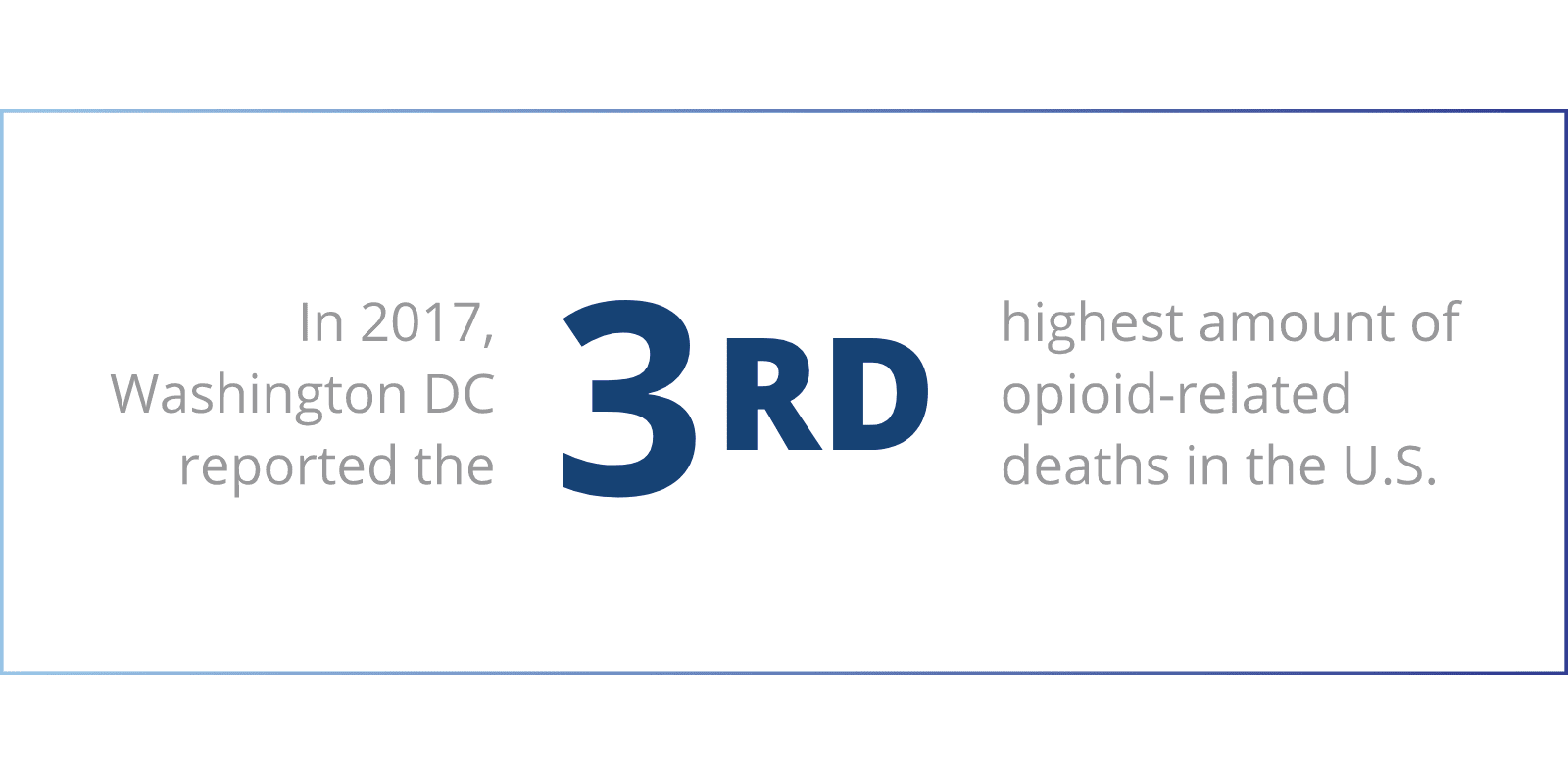
As the nation’s capital, Washington DC houses all three branches of government, numerous historical sites and monuments and has over 20 million tourists visit annually. It is home to over 177 foreign embassies, as well as headquarters to many international organizations, trade unions, non-profits and professional organizations including the World Bank Group, AARP, National Geographic Society, American Red Cross, and Human Rights Campaign.
The city has a storied history. Perhaps the most well known event was the assassination of Martin Luther King Jr. in 1968, with riots breaking out for 3 days following his assassination that ceased upon military intervention.
The Washington Metropolitan Area, which includes the District and surrounding suburbs, is the 6th largest metropolitan area in the US with an estimated six million residents in 2014. When including with Baltimore and its suburbs, the Baltimore-Washington Metropolitan Area had a population that exceeded 9.6 million people in 2016, making it the 4th largest combined statistical area in the country.
Given the size of the city and surrounding areas, it comes to no surprise that the city struggles with managing alcohol and substance abuse. There are high rates of opioid use, alcohol, and marijuana.
According to people surveyed by Health and Human Services in DC, of the 5 most important health issues in the community, addiction/substance use, mental health issues, and access to healthcare were identified. The same survey revealed that the rate of teen major depressive disorders is on the rise, up from 6.5% in 2011 to 10.5% in 2017.
The 2020 target is to lower that percentage to 5.8%.
The Department of Health and Human Services created Prevention Services to address the use of ATOD (alcohol, tobacco, opioids, drugs) and deterring the onset of these substances among youth. It’s focus includes reducing risk factors for adolescents, families, and communities.
The primary goal is to change perceptions, attitudes, behaviors, and local conditions that increase the risk of ATOB abuse.
Prevention Services include:
There are 4 Prevention Centers located throughout the city and they serve residents in 120 neighborhoods. These centers are designed to strengthen the community’s capacity to prevent and curtail the use of drugs at the local level. Each center focuses on building collaborations and partnerships to promote healthy drug-free living.
Staff at each of these centers work with the people of their neighborhoods to educate, engage with community leaders, teens, and families to taking action to reduce the use of drugs and alcohol. Building strong communities help in decreasing the isolation that comes with drug addiction.
In addition to seeking out support from addiction professionals, having a network of people that will build you up as you continue your sobriety is very important. Organizations like 12 Step Programs and SMART Recovery, provide meetings that build up sober individuals and help to create a supportive community.